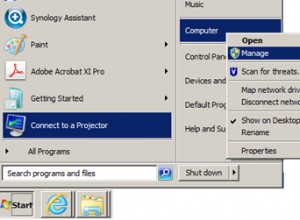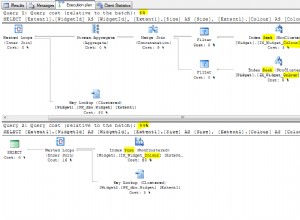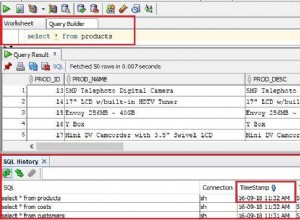Utilizzare dateutil di terze parti biblioteca:
>>> from dateutil import parser
>>> parser.parse("August 2, 2008")
datetime.datetime(2008, 8, 2, 0, 0)
>>> parser.parse("04-02-2007")
datetime.datetime(2007, 4, 2, 0, 0)
>>> parser.parse("May 2014")
datetime.datetime(2014, 5, 6, 0, 0)
Conversione nel formato richiesto:
>>> parser.parse("August 2, 2008").strftime('%Y-%m-%d')
'2008-08-02'
>>> parser.parse("04-02-2007").strftime('%Y-%m-%d')
'2007-04-02'
>>> parser.parse("May 2014").strftime('%Y-%m-%d')
'2014-05-06'
Puoi installarlo con pip:
pip install python-dateutil
Guarda anche:
>>> parser.parse("May 2014")
datetime.datetime(2014, 5, 6, 0, 0)
>>> # As you wanted day to be 0 and that is not valid
...
>>> datetime.datetime(2014, 5, 0, 0, 0)
Traceback (most recent call last):
File "<stdin>", line 1, in <module>
AttributeError: type object 'datetime.datetime' has no attribute 'datetime'
>>> # Workaround:
...
>>> from datetime import datetime
>>> datedefault = datetime.now().replace(day=1, hour=0, minute=0, second=0, microsecond=0)
>>> parser.parse("May 2014",default=datedefault).strftime('%Y-%m-%d')
'2014-05-01'
Se il giorno non è specificato nella stringa della data e non è specificato alcun valore predefinito, ci vorrà il giorno corrente. Da oggi è 06 Aug 2016 , ha sostituito il giorno in 0 nella prima sezione della risposta per "May 2014" .




